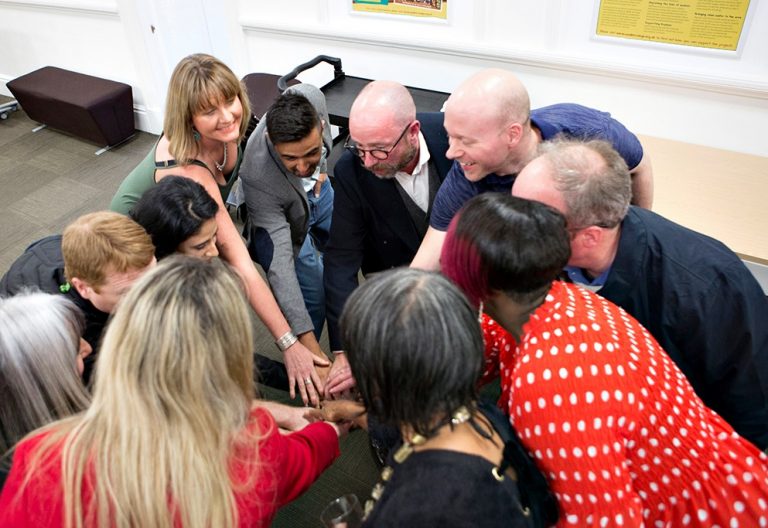Imagine this: you’re standing in front of a fork in the road. One path leads to mentoring, the other to coaching. But which path is right for you?
If you’re not sure, don’t worry. You’re not alone. Many people struggle to distinguish between these two important roles.
In this blog post, we’ll explore the key differences between mentoring and coaching, so you can make an informed decision about which path is best for you and your clients.
What is Mentoring?
Mentoring is a relationship in which a more experienced person (the mentor) provides guidance and support to a less experienced person (the mentee). Mentors typically share their knowledge, expertise, and connections to help mentees achieve their goals. Typically with mentorship, this involves giving advice and answers. Due to you being an experienced person, this is why it is relevant and can be helpful.
Mentoring relationships can be formal or informal, and they can last for a short or long period of time. Common mentoring relationships include:
- Workplace mentoring: A senior employee mentors a new hire or less experienced employee.
- Academic mentoring: A professor or graduate student mentors an undergraduate student.
What is Coaching?
Coaching is a process in which a coach helps a client to achieve their goals and objectives. Coaches typically use a variety of tools and techniques to help clients identify and overcome obstacles, develop new skills and habits, and create a plan for success.
Coaching relationships are typically more structured than mentoring relationships. Coaches typically work with clients on a regular basis, and they may use specific coaching models and frameworks to guide the coaching process.
Key Differences Between Mentoring and Coaching
Here is a table that summarizes the key differences between mentoring and coaching:
| Characteristic | Mentoring | Coaching |
|---|---|---|
| Focus | Provides guidance and support to help a less experienced person achieve their goals. | Helps a client to achieve their goals and objectives by providing a structured process and using specific tools and techniques. |
| Relationship | Typically less structured and more informal. | Typically more structured and formal. |
| Duration | Can last for a short or long period of time. | Typically involves regular sessions over a period of time. |
| Goals | To help the mentee develop and grow both personally and professionally. | To help the client achieve their specific goals and objectives. |
Which Is Right for You?
So, which is right for you: mentoring or coaching? It depends on your individual needs and goals.
If you’re looking for a more informal relationship with someone who can provide guidance and support, then mentoring may be the right choice for you.
If you’re looking for a more structured process with a specific focus on achieving your goals, then coaching may be the better option.
Conclusion:
If you’re still not sure which path is right for you, don’t be afraid to ask for help. Talk to a mentor or coach who can help you assess your needs and goals.
And remember, there is no wrong answer. The most important thing is to find a relationship that works for you and helps you achieve your goals.
If you’re ready to overcome your limiting beliefs and become a successful coach, I encourage you to attend one of our 1-Day Coaching Diplomas to start your coaching journey. It’ll help you to develop a plan to achieve your goals and build a successful coaching business. You can also find our beginners guide to becoming a coach here.



